Science Shop
Advertisement
Power Naps Boost Brain Volume
- By Rolf Lewis
- . December 7, 2023
Regular midday naps have been found to increase brain volume in older adults, reducing the risk of dementia and other cognitive diseases. Recent studies have
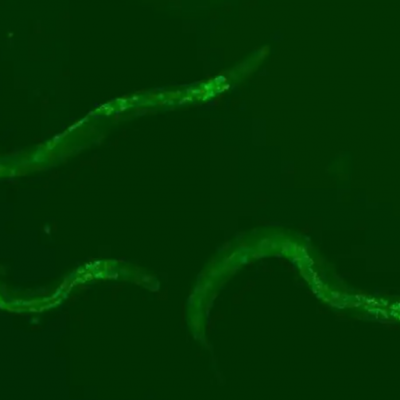
Experimental Evidence of Possible Immortality
- By Rolf Lewis
- . December 3, 2023
In a groundbreaking discovery, researchers at Eötvös Loránd University in Budapest have found that controlling transposable elements (TEs) in DNA can significantly extend the lifespan

Chasing Immortality
- By Rolf Lewis
- . December 3, 2023
German scientists have discovered the gene for immortality in a freshwater polyp called Hydra, which is also present in humans. The researchers from the Christian-Albrechts-Universität
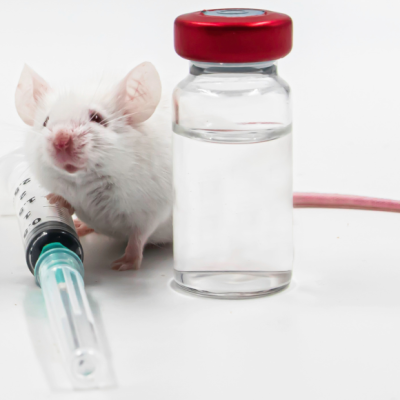
Gene Therapy Rejuvenates Mice
- By Rolf Lewis
- . November 30, 2023
A biotech company has successfully rejuvenated mice through gene therapy, and now aims to extend human life. Rejuvente Bio, based in San Diego, claims to
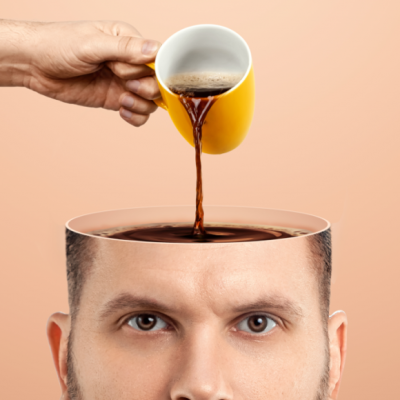
Coffee Boosts Memory Power
- By Rolf Lewis
- . November 23, 2023
Trigonellin (TG), a plant alkaloid found in coffee, has been found to significantly improve the memory performance of mice. If this effect is also present

New Health Benefit of Grapes Discovered
- By Rolf Lewis
- . October 11, 2023
A recent study conducted by researchers at the National University of Singapore has found that grapes may have a positive impact on eye health, specifically
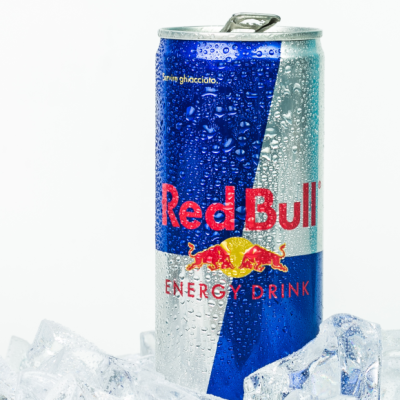
Energy drink ingredient slows aging.
- By Rolf Lewis
- . September 5, 2023
Taurine, a semi-essential amino acid found in most energy drinks, may extend life. Taurine is involved in various metabolic functions, including energy production and the
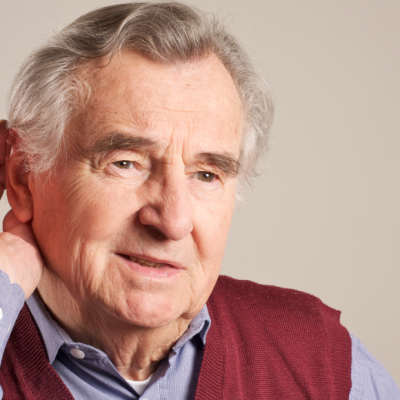
Prevent Senior Hearing Loss with Supplements
- By Rolf Lewis
- . August 28, 2023
Aging can lead to a decrease in brain cholesterol, which in turn can cause hearing loss. However, a new study from the Universidad de Buenos
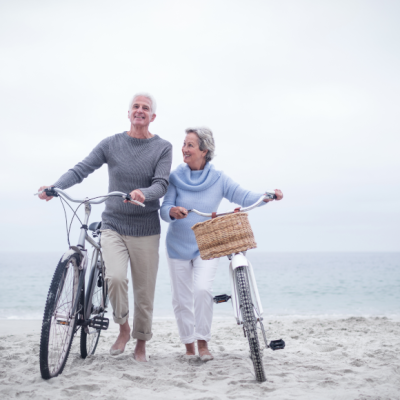
Light exercise boosts senior cognition.
- By Rolf Lewis
- . August 13, 2023
A new study conducted by researchers at the University of Tsukuba in Japan has found that light exercise, such as low-intensity cycling or yoga, can

Married Seniors Have Lower Dementia Risk
- By Rolf Lewis
- . June 1, 2023
Married seniors with long-lasting marriages are less likely to develop dementia than those who are single. This risk decreases even further if the married couple









